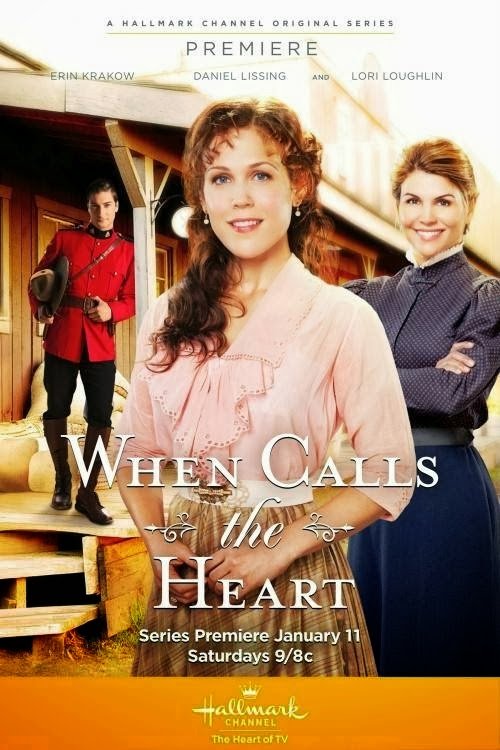
Why THR’s List of ‘The 50 Best Movies of the 21st Century (So Far)’ is Woefully Out of Touch with the Average American Viewer
By Allen Rushing, Movieguide® Contributor
On April 6, 2023, The Hollywood Reporter published a list of “the 50 Best Movies of the 21st Century (So Far)”, a selection of films whose content and box office success raises questions about their place on any such list.
Given that this list was selected by the resident “film critics” at THR and the fact that, more times than not, U.S. audiences’ response to a film are very different than the response of “the critics”, the opinion-based nature of these recommendations is obvious. What may not be quite as obvious is the presence of an agenda behind THR’s selections. It is important to ask: How did “the critics” arrive at their top 50?
George Orwell, one of the greatest essayists of the 20th century, wrote that, “no book is genuinely free from political bias” and his “political loyalties…forced” him “into becoming a sort of pamphleteer”, one who writes literary tracts promoting certain ideas and decrying others (George Orwell, “Why I Write”, The Orwell Reader, p. 393). In his political pamphleteering, Orwell became an advocate for certain ideas and writing in defense of these ideas.
In this sense, all writers are advocates and pamphleteers (whether they know it or not) because people cannot help but think, speak, or write from out of a particular view of the world; pamphleteering, then, is inevitable, because it is impossible not to have beliefs about God, man, and the world, and to advocate for these beliefs. What is true of Orwell’s “political loyalties” is true of every writer’s philosophical loyalties (whether they write novels or screenplays) and the writers of THR who produced the list in question are no exception.
A brief look at THR’s “Best Films” bears out Orwell’s assessment that every writer must and will advocate for his or her views, that is, write in defense of what he believes. And it appears that the beliefs of THR, and thus their chosen film recommendations, are woefully out of touch with those of the average American viewer.
It is not that the THR list is devoid of meaningful selections; many of the films listed, while manifesting content or themes that are of concern for the media wise family, are indeed powerful examples of cinematic art. For example, THR’s No. 38 pick, CHILDREN OF MEN (2006), is a truly potent dystopian film because of its strong Christ imagery and the fact that it feels so much like our own; and the No. 14 pick, Pixar’s WALL-E (2008), is an animated masterpiece, “a story about no greater love has any person than to give up his…life for his…neighbor” that shows viewers the wonder of “coming down to the ground”.
However, many of the fifty movies listed by THR fall into 2 interesting categories, (1) films that a U.S. audience are likely not even aware of and (2) films whose content focuses primarily on the promotion of a particular postmodern woke pet topic.
For instance, THR’s No. 17 pick, TALK TO HER (2002), a Spanish film focusing on two men who take care of two comatose women in a hospital, No. 9 pick, 4 MONTHS, 3 WEEKS AND 2 DAYS (2007) a Romanian film which is, in essence, a pro-abortion propaganda piece, and the No. 1 pick, YI YI (2000), a “three-hour portrait of a multigenerational Taipei family in the midst of a crisis”, are examples of films of the first category – movies that may have done well at a niche film festival or in their own country, but who the average American moviegoer would likely not recognize. This is not to disparage foreign films; it is simply to point out that the largest body of cinema consumers – Americans and the culture which produced the largest film industry on the planet – would likely not be able to readily identify many of these so-called “Best Films”. It would appear that THR is rating film quality largely based on its status as part of “Taiwanese New Wave” or the “Romanian cinema renaissance”, a criteria of “success” which is likely not even in most viewers’ vocabulary.
As to the category of films that center upon the promotion of a particular postmodern woke pet topic, there is no shortage of films on THR’s list which are clear cheerleading acts for the LGBTQ agenda. THR’s No. 50 and 46 picks, WEEKEND and PARIAH (2011), No. 33 pick, PORTRAIT OF A LADY ON FIRE (2019), No. 25 pick, CALL ME BY YOUR NAME (2017), and the notorious No. 7 pick, BROKEBACK MOUNTAIN (2007), all push this neopagan sexual perversity on audiences in an attempt to normalize it by shifting societal views of such sexual malpractice.
A third criteria which THR strangely ignores is the box office; it oddly puts YI YI, it’s No. 1 pick, which made just over a million dollars worldwide, way above it’s No. 14 pick, WALL-E, which made well over 500 million worldwide.
These selections reveal the truth of Orwell’s words and demonstrate what sort of pamphlet the pamphleteers at THR are pushing. Orwell also wrote that “all art is to some extent propaganda” (George Orwell, “T. S. Eliot”, All Art is Propaganda, p. 198) and therefore, even something as simple as a list of film recommendations is not without religious, philosophical, and political bias.
The truth is everyone is an advocate and everyone is a pamphleteer because everyone is a philosopher and has a worldview. This is how THR can claim that these films “have stood the test of time” despite their relative obscurity, anti-cultural1 nature, and the fact that some of them are not even a decade old. THR critics’ alleged best films are not primarily based on sticking power or universal themes, but rather on how strongly they rage against the religious and cultural assumptions of traditional American society – a society primarily shaped and influenced in its origin by Christianity.
As this list of “must see” 21st century films (so far) makes clear, it is not money or even fame and recognition that drives humanity; it is worldview that drives what human beings say and what they do; it is worldview that makes all artistic works pamphlets of differing sizes and shapes but with the same motive; it is worldview that informs the selection of “great cinema” and what is to be applauded and decried in the ever more postmodern and woke American film industry.
Fortunately, the domestic box office numbers backup the fact that most Americans want to see films with biblical, eternal themes, not postmodern ones which dominate the films that made THR’s list.



 - Content:
- Content: 

